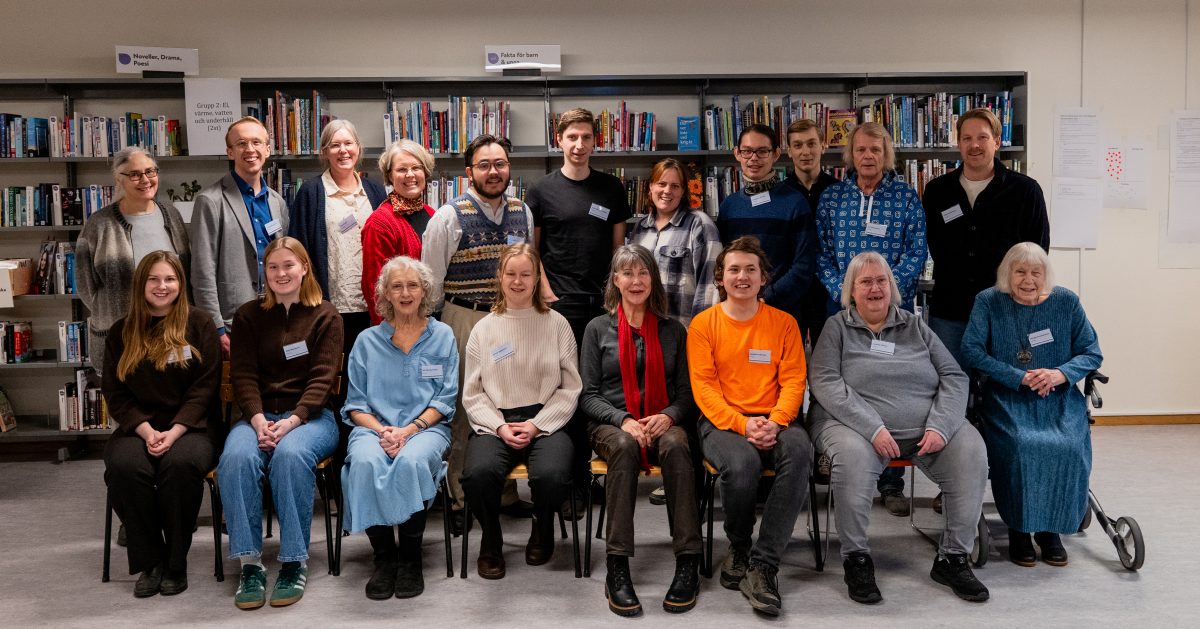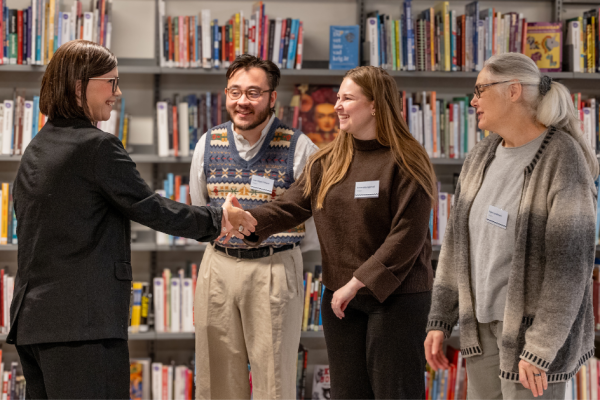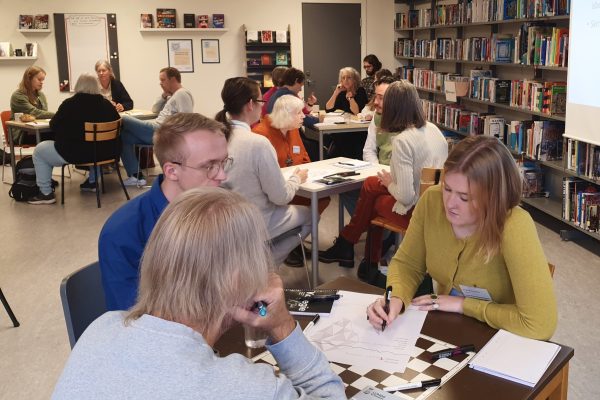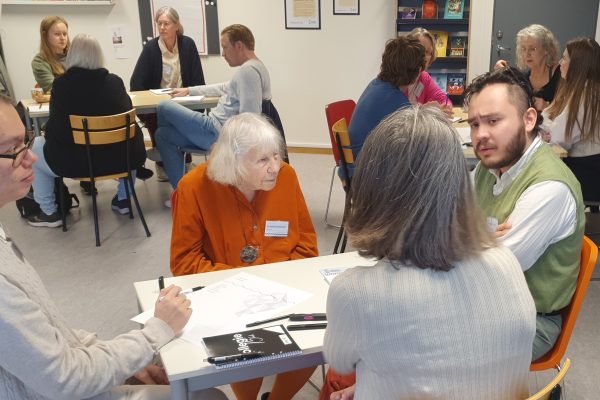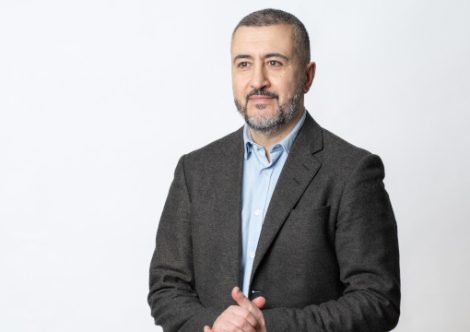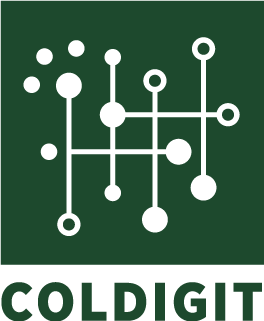Lund Ecosocial Neighborhoods
Digidem Lab has been tasked with strengthening citizens’ voices in Lund’s climate transition.

Uppdragsgivare
Lund municipality
Projektperiod
2024-2026
Partners
Lund University Swedish Environmental InstituteCity of Lund has for several years worked strategically to reduce emissions. This year, the focus is on bringing together research, civil society, municipal operations, and citizens’ own experiences. The aim is to develop approaches, methods, and concrete tools that both reduce the municipality’s consumption-based emissions and strengthen participation, as well as increases equal living conditions across neighborhoods.
The project Eco-Social Neighborhoods: Tools for Sustainable Consumption and Inclusive Climate Transition is funded by Formas and brings together four partners from the public sector, academia, and civil society. Lund municipality leads and coordinates the work. Lund University contributes research on the social effects of the climate transition, and is responsible for the project’s scientific evaluation. Stockholm Environmental Institute further develops the tool Consumption Compass to create eco-social consumption profiles that also take socioeconomic conditions into account. Digidem Lab facilitates the citizen dialogue, which forms the core of the project, so that Lund municipality together with residents can identify measures that reduce consumption-based emissions without diminishing quality of life.
The results will contribute to the Lund municipality’s work on developing a climate roadmap and neighborhood programs for the different districts, as well as to the goal of halving household consumption-based emissions per resident by 2030.
Image credit: Kampus Productions, Pexels
![]()
![]()
